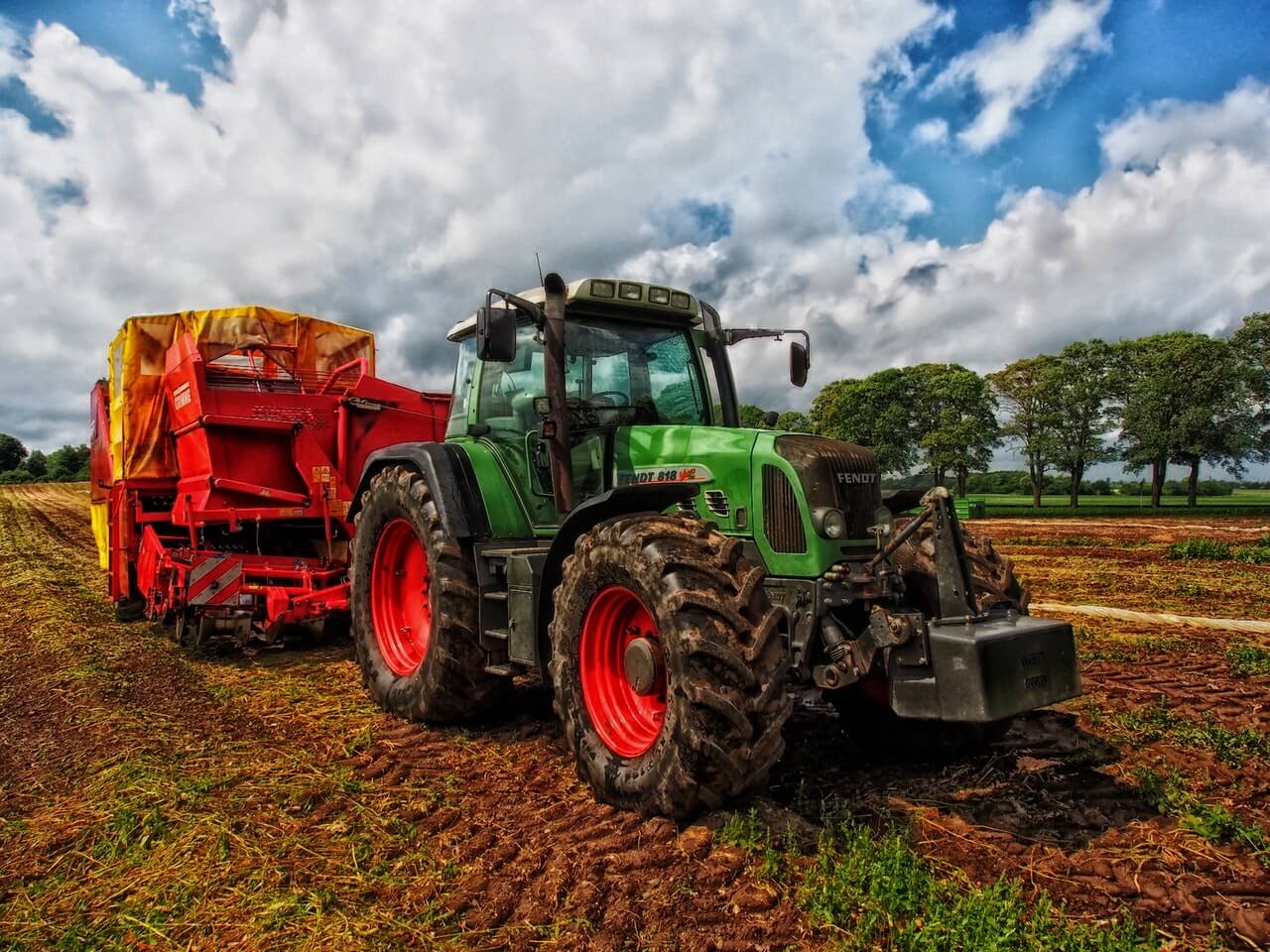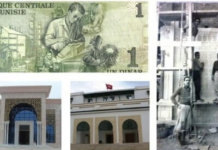Image Source; Pixabay via Pexels
Interview with Alkhorayef Group
With over half a century of business history, the Al Khorayef Group is one of Saudi Arabia’s most reputable family conglomerates. Established by late Sheikh Abdullah Ibrahim Alkhorayef in 1957, the group is now managed by the second and third family generation. Today, it is a leading technology provider in various industries; mechanised irrigation and agriculture machinery solutions, oil artificial lifting systems designed and built in Saudi Arabia. The group is also involved in water projects, is an EPC contractor and O&M provider. Mohammed A. Alkhorayef is the late founder’s son and a second-generation family member. When he began his career with the family business in 1987, he first joined the international agriculture machinery companies the family represented. Today, Mohammed Alkhorayef heads one of the four strategic business units of the Alkhorayef Group and is the CEO of the Alkhorayef Machinery, Water & Power Business Unit. In a Q&A with Tharawat magazine, he discusses the development and potential of the Middle Eastern agriculture sector, what can be done to prevent food crises, and the role of regional family businesses in the development of agriculture.
When did the Alkhorayef Group begin its activities in agriculture and what was the main motivator for this strategic decision?
It is mainly our family passion for farming that brought us into the agriculture business. However, the Saudi government’s initiative promoting agriculture and self-sufficiency during the 70’s and 80’s and the country’s efforts to diversify the sources of national income were definitely also major contributors towards the business’ growth and expansion. The concept of totally integrated solutions in agriculture was born, which allowed us to create a strong bond with our customers.
We began our agriculture activities by representing several reputable international producers of water pumps, irrigation machineries and equipment, as well as well drilling equipment. Today, we are one of the top three worldwide producers of mechanised irrigation, water pumps and drives.
How do you find the agricultural sector has evolved in the Middle East over time?
The Middle East faces major challenges and the food gap is not getting any smaller; it’s increasing every year and we are still dependent on imports. This in spite of the fact that the region enjoys tremendous agricultural potential which, if properly structured and integrated among Middle Eastern countries, would enable an economic paradigm shift towards sustainable growth. By integration I mean the merge of intelligence of the region’s natural resources such as energy, capital, and mechanised farming experience with the vast fertile lands, people and water.
With the growth of the global population what do you believe is the role of agriculture in relation to food security and the implications for the Middle East?
The driving forces behind food insecurity in the world are composed of many factors amongst which are global population growth but also others such as climate change, the continuing economical growth of China and India, and bio fuel policies. These will impact food security and food prices, which might lead to a repetition of the 2006-2008 food crisis. As it has been highlighted by the 2011 FAO report on Food Insecurity in the World “Investment in agriculture remains critical to sustainable long-term food security” and in that sense the Middle East can be a valuable contributor to global food security through the merge and integration of region natural resources.
What are the kind of services the Alkhorayef Group provides farmers?
We offer a total solution. This means that from the beginning of the client’s need we design solutions based on a scientific and experienced approach to optimise the farming operations; solutions comprise everything from the water delivery system (water wells, rivers, lakes, etc.), to the most efficient water distribution using Center Pivots or Drip, to mechanised farming machineries and equipment. In some cases we arrange financing through regional financial institutions. These services and products are linked with an endeavour to provide satisfactory after sales services and in some cases farm management.
When did the internationalisation of the agriculture and irrigation services of the Alkhorayef Group begin and how did it proceed?
Alkhorayef Group, through its subsidiary, took internationalisation seriously and tackled it through a step-by-step approach. We began the manufacturing of mechanised irrigation and pumps in 1985 after we were licensed by a world-leading manufacturer. At that time we were only focused on domestic sales. In 1994 we started to expand to neighbouring countries. In 2003 we became totally independent and had the experience and the know how to engineer and develop our own products and innovate. We are today present in more that 32 countries and have an Engineering and Marketing company in the USA and a successful JV in China to serve the Chinese market. We ship our products from three hubs globally.
What are the Alkhorayef family’s future plans for this sector?
We intend to consolidate our global presence in agriculture into a holding company for which we may issue an IPO at some point in the future. We intend to work with our customers and business partners to actively participate in our regional food security, in particular with the King Abdullah Agriculture Investment initiative.
Do you believe that regional family businesses can and should contribute to agriculture in the Middle East?
There are great opportunities ahead that bring with it rewarding returns and fulfill social responsibility. I believe what will drive the agriculture investment in the region is the private sector, which is dominated by family businesses. However, governments, policy makers, and regional development banks should play their vital role in integrating regional resources and build the necessary infrastructure and frameworks and so enable the private sector to make its contribution.
Tharawat Magazine, Issue 14, 2012
















